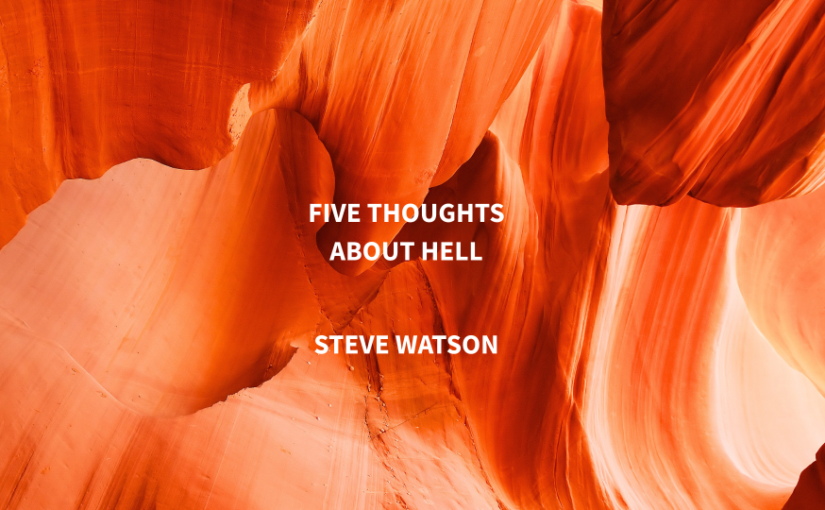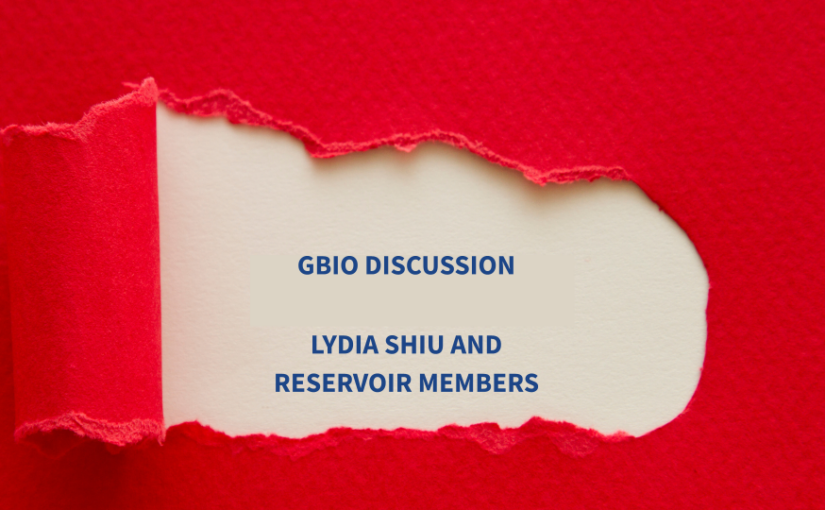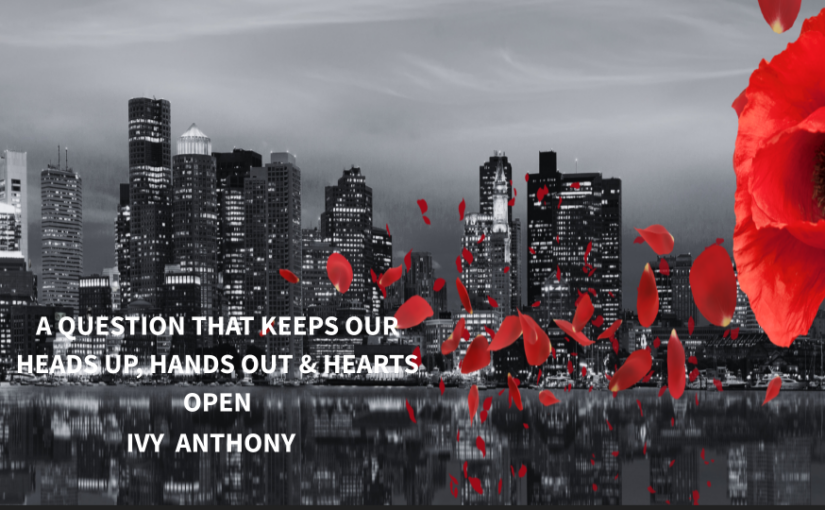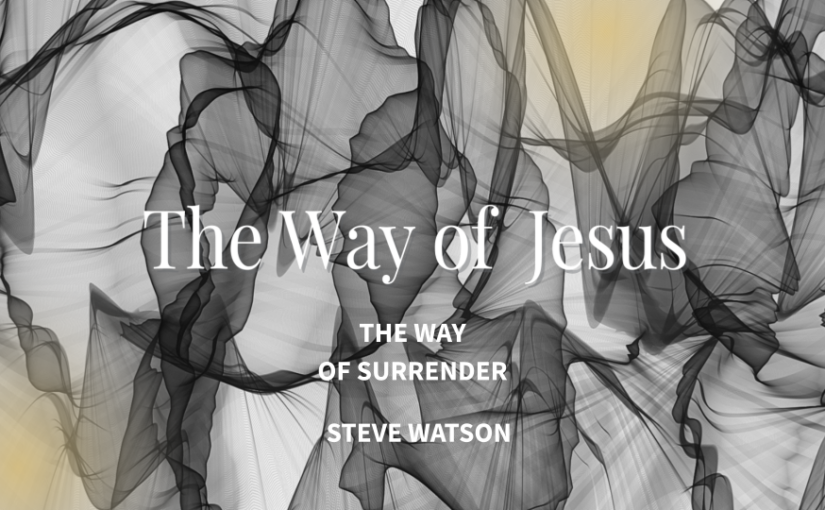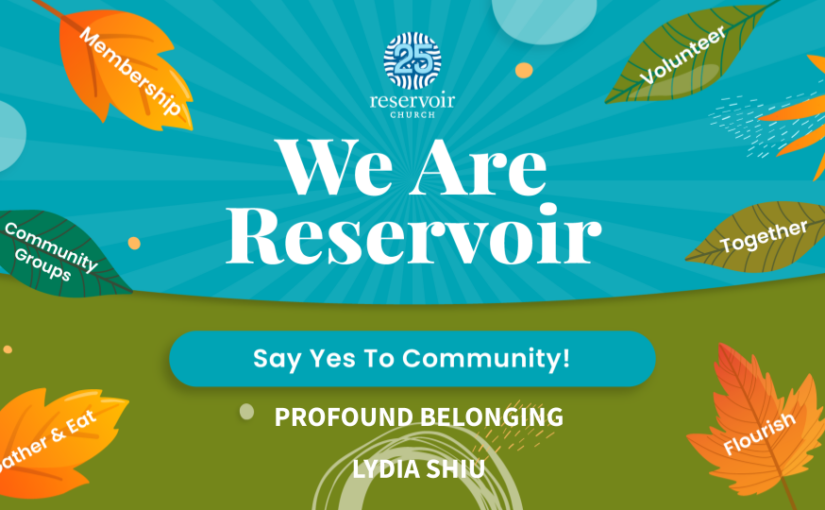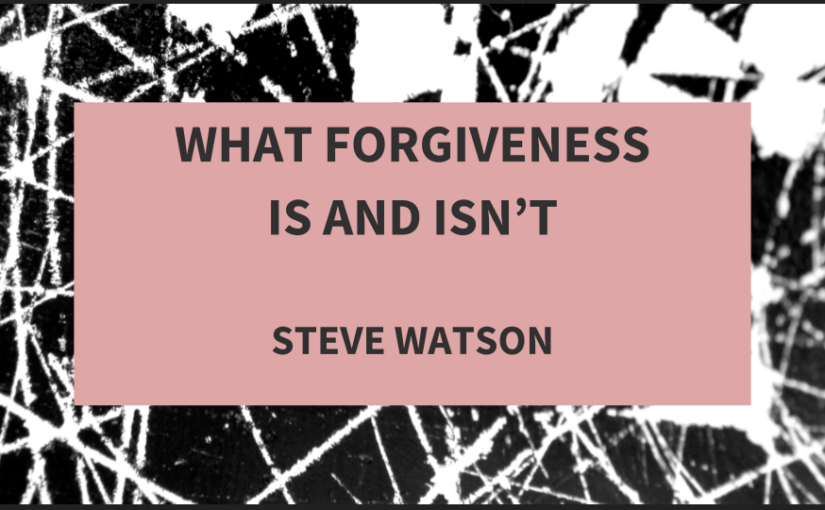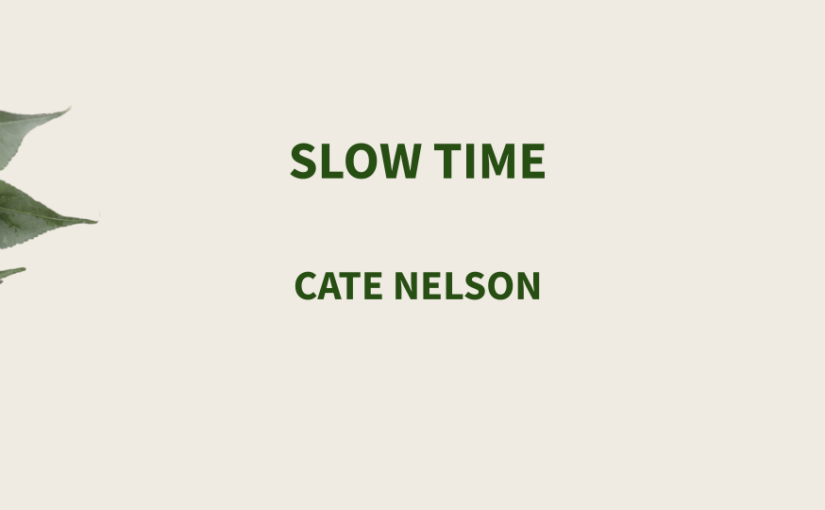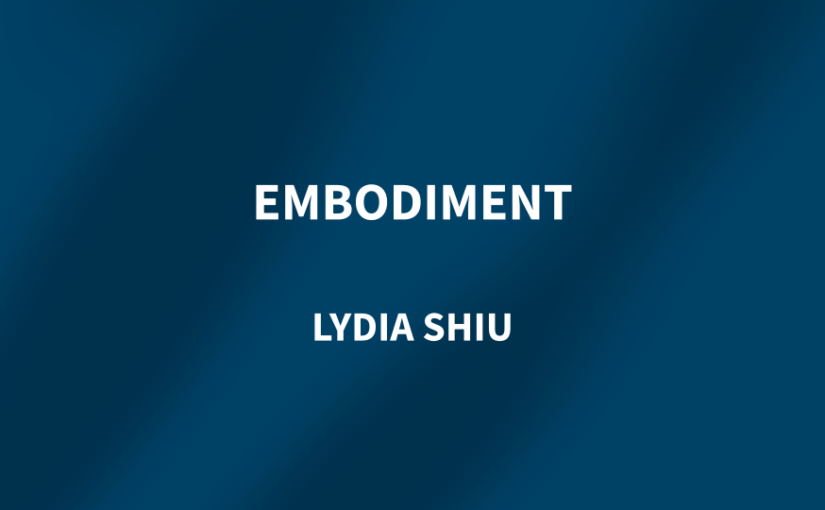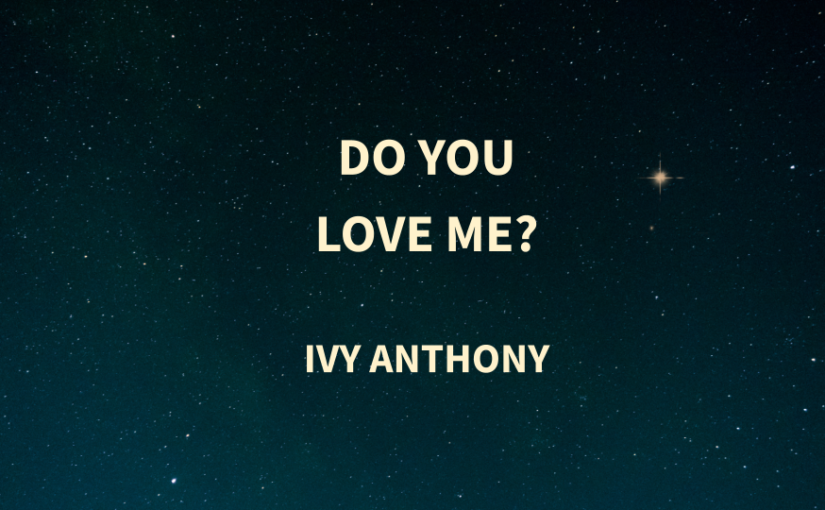Hey, Friends,
Good to be with you all again. I was preaching last Sunday at Great Road Church in Acton. They’re friends of ours who are connecting with us through the post-evangelical collective. So greetings from out West! And I’m glad to be back with you all exploring our theme of God and us and our world on fire.
I wonder if you’ve heard the story of Carlton Pearson. He died late last year. Before that, though, he was a fascinating Christian minister made famous by an equally fascinating Atheist storyteller. Twenty years ago, Carlton Pearson was the subject of a full-length podcast from Ira Glass on This American Life. It was so gripping it became a feature film called Come Sunday.
And the story that the podcast and film tell is how this pastor of a 5,000 person Pentecostal megachurch lost it all – his colleagues, his career, the church he led, even his marriage. And it wasn’t because of an affair or embezzlement or anything else like that. For the people in Pearson’s circles, it was something worse. Based on his experiences of God, and based upon the words of the Bible, he stopped believing in hell. Was he a heretic? A visionary? Something else?
We knew this Lent that when we talked about fire in church, and encouraged us to sit around fires and wonder about God and life, for some of us, the first and last thing that would come to mind is whatever we’ve been taught or wondered about hell fire.
For others of us like me who weren’t raised on threats of hell, we may or may not think much about it. But still, hell is a huge part of the history and legacy of the Christian faith. It casts a big shadow over the reactions to this faith still, for believers and non-believers alike. And if you read the stories and teachings of Jesus, as we always invite you to do, you’ll see that now and then Jesus talks about something like hell. What is it? And why does Jesus talk about it?
So today I’m going to give a sermon on hell. I checked – it’s my third sermon on hell in the past few years. I never thought I’d become a hellfire preacher, but here we are. I think the other two sermons are good, maybe more than enough, but third time’s a charm, so here we go.
I’m going to share five thoughts about hell.
And we’ll start with one of the places where it seems like Jesus is talking about it, as he does a number of times.
Mark 9:45-48 (Common English Bible)
45 If your foot causes you to fall into sin, chop it off. It’s better for you to enter life lame than to be thrown into hell with two feet.
46, 47 If your eye causes you to fall into sin, tear it out. It’s better for you to enter God’s kingdom with one eye than to be thrown into hell with two.
48 That’s a place where worms don’t die and the fire never goes out.
This whole cut off your foot, cut out your eye teaching shows up in different places in the gospels. Elsewhere, it’s applied to lust – how you look at and think about and touch people you’re sexually attracted to but aren’t in committed relationship with. And Jesus argues that learning self-control is pivotal to a good life and good relationships. Sex is good, but we’re not safe sexual creatures without self-control.
Here in Mark, though, it’s not about sex, but about hurting kids, and Jesus is like:
get any help you need, any therapy, any limits so that this will not happen.
Because the consequences are grave. He’s like:
enter God’s kingdom or get thrown into hell.
And just to shake the imagination a bit, Jesus is like
hell, you know, that place where the worms don’t die and the fire never goes out. That’s the kind of hell child abusers face. So don’t.
- What in the world is Jesus talking about?
- What did Pastor Carlton Pearson get in so much trouble for not talking about anymore?
- What and where in the world is hell?
You ready?
Alright:
Hell is a place on earth
At first, from this teaching, you wouldn’t think it was any place at all. When Jesus talks about cutting off parts of your own body, he’s clearly using metaphor. There was an early church father who literally castrated himself to comply with this teaching of Jesus about cutting off parts of yourself, and he lived to regret it. He was like: don’t do that. It’s a metaphor. I take his word for it.
So if Jesus’ advice on self-control and getting help to be safer, healthier people, then maybe his warning for the horrible things that will happen to you if you abuse kids is a metaphor too. After all, we do know that without deep healing work, the lives of both abused children and the adults who abuse them can become living hells.
But we know that Jesus’ metaphor for the consequences of are harm-doing aren’t totally abstract, because the word he says isn’t actually “hell,” it’s the word Gehenna, which isn’t really a word at all, it’s a place. Ge-henna, or the Valley of Hinnom, in Jerusalem.
And that gruesome image Jesus says that this is a place where the worms never die and the fire keeps burning, he didn’t make that up either. He’s quoting the last verse of the prophet Isaiah from the Hebrew scriptures, where people who persist in organizing their lives against the justice and peace of God will end up mass graves in this valley, victims of their own wars and moral chaos.
Friends, I’ve been to Gehenna. It is and always has been an awful place.
So still now, if you can get to Jerusalem, you can go to hell. You find the top of this narrow but lush green valley of olive trees. At the top of it, there’s this space for seasonal outdoor music festivals for middle class and wealthy Jewish youth. It’s like the Israeli version of a hip hangout spot in Somerville.
But then you descend down a steep, poorly paved road, as I did on foot when I was in Jerusalem. And conditions deteriorate. You pass an old graveyard, you pass a little monastery that marks the cite where the disciple Judas killed himself in despair after betraying Jesus. You pass the spots of ancient mass graves and spots of child sacrifice, and old dumping grounds for burning trash and corpses. Toward the bottom of the valley, you still see more trash than people. When I was there, I peeked behind a crumbling brick wall and saw a fly-covered, gutted corpse of a sheep lying on the ground.
And then at the very bottom of the valley is a working class Arab neighborhood in East Jerusalem, across a no-man’s land barrier where I was rebuked for running to, where it’s apparently not safe for Jews or Muslims or outsiders like myself to go.
Gehenna then and now is a spot of enmity, death, fear, and decay. It’s where trash and corpses and the best human dreams of progress and peace go to die.
And Jesus, wise and teacher and healer that he was, tells the truth about it to his contemporaries in ancient Israel and Palestine. He says:
don’t get healthy, live the life of a fool, and this is where you’ll end up. But you don’t have to. Don’t let this happen.
Hell is a place on earth. Don’t go there.
Now by the time of Jesus, after centuries of relative disinterest in the afterlife in ancient Judaism, more and more people were wondering how the mercy and justice and faithfulness of God would play out beyond the grave for us all. So sometimes in the times Jesus lived and taught, people would use Gehenna as a metaphor for consequences and suffering we might face beyond this life. And we’ll get back to that in a few minutes.
But first, most primarily, hell is a place on earth.
But it’s not just one place. It stands for many places. Second point:
Hell is many places on earth
Jesus warns us about the consequences of hurting kids. I’m going to keep this general, but I knew a child abuser when I was a kid. I didn’t realize it at the time, but looking back he was coming into adulthood as a lonely, miserable, broken young man. It took a while before it all caught up with him. He did a world of hurt in kids’ lives before he was caught, but for the past 30-35 years, he’s been in and out of prison, living a pathetic, miserable, small life. It’s tragic.
Now, when I was in hell a couple years ago, running through Gehenna on foot, I didn’t see him there. Because he was in a state prison in Massachusetts. He wasn’t magically transported to a mass grave in Gehenna, because his living hell is a state prison here, where he is confined because he’s been unable to get well.
Hell is many places on earth.
It’s prison.
It’s neighborhoods in our cities and countrysides, where generations of poverty and racial oppression, and class segregation, and bad education and bad environmental stewardship have created whole ecosystems of isolation and despair and no opportunity.
Hell right now is Gaza in Palestine, which for years has been a kind of large open prison, where millions of people are penned in in isolation and poverty not for any crimes of their own, but because of generations of displacement and dispute and repeated vicious cycles of violence that in the past five months, have been playing out more brutally and with more death and suffering than we have seen in generations if ever.
And now to live in Gaza is to live in hell, where people are sick and hungry and terrified. It’s a picture of the anti-vision of the commonwealth or beloved community of God, where plowshares are turned into swords, and where children suffer from and study and make war.
I even write in our guide this week about unhappy households and unhappy families as their own kind of living hell. When in our supposedly safest, most intimate communities, we can not really see and hear one another, where we can’t face the truths of our own life and of one another with love and compassion, the isolation and heartache and resentment that grows there is its own kind of living hell too.
I actually agree with Carlton Pearson that there isn’t some place where God tortures people for all eternity with worms and fire. If that’s what we mean by hell, it’s not an idea worthy of God or of us, but I think Pearson and others make a mistake when they say that means there’s no such thing as hell. There is. Jesus warned us about it and wants to help rescue us from it.
But tragically, there are many hells on earth, at least in this life, maybe in the life to come. On that note, two points about hell in the afterlife.
Hell as eternal punishment for the wicked is fear-mongering spiritual violence and abuse
Friends, I’ve been gentler about my perspective on this in the past, but more and more, I feel like some things have to be said strong and plain.
The Christian doctrine of hell as a place where God tortures God’s enemies for eternity is maybe the most harmful, dangerous, damaging doctrine in the history of the church.
Early in the 14th century, an Italian writer published the epic poem Divine Comedy, and the first part stuck in our imaginations. Set during the season of Lent, a man who has lost his way in mid-life is guided through nine layers of hell beneath the surface of the earth. There, unrepentant sinners suffer eternally and without hope. Heretics lie in burning coffins. Murderers perpetually drown in rivers of boiling blood. This brutalish, frightening tour through the underworld is meant to shake the conscience and protect the believer from going astray.
Dante may have had some of his geology right. The earth does get hotter as you go deeper, thousands of degrees hot at the center! But his theology missed the mark badly. By placing fear rather than love at the center of Christian religion, Dante and his many imitators have shaped God in the image of the most controlling and violent tyrants. And they have incentivized anxious, obedient compliance in the church while weaponizing judgment against Muslims, Jews, indigenous people, and all manner of people the church has labeled dangerous or deviant.
This imaginative vision of an angry God with a violent, fiery hell seems to burn brightest in the imaginations of believers who are afraid and go to war.
Here’s a quote from friend of Reservoir Brian McLaren on this:
“Fear is one of the earliest childhood associations with fire. We all remember warnings from parents and adults to keep away from the fire. Fire is dangerous and will burn you; play with fire and you will get burned. The church has often used this fear of fire to very destructive effect. This was done in two ways. Firstly, so-called heretics and witches were burned to death at the stake. Secondly, the church colonized the minds of its subjects with fearful visions and threats of hell and purgatory.” (Should I Stay Christian, p. 108)
And here’s one from the late pastor Carlton Pearson:
“I do believe in hell as a state of being or consciousness, and I believe that people can dwell in hell and that many do, right now, today, on this earth before rather than after death. I will argue … that hell is the most erroneous, outdated, misunderstood, and misguided dogma in all of Christianity, and the one that must be discarded if this spiritual tradition is to survive as anything more than a contemptible curiosity…. Hell was never God’s intention. It is man’s invention.”
This kind of hell is used to control and hurt people. Jesus says that it is the enemies of God who come to steal, kill, and destroy. Jesus comes that we may have abundant life. This vision of hell has got to go.
But is there any kind of hell in the afterlife?
Well, we don’t know. We actually don’t know much about the afterlife, do we, since none of us has been there. But I can say this:
If there is a hell in the afterlife, we can hope there are ways out.
If there is any hell in the afterlife, we can hope there are ways out.
Before Dante’s Inferno, if people believed in a place of fiery punishment in the afterlife, they likely got the idea from the final book in the Bible, Revelation.
Revelation is a weirdly told story of the great evil of human empires and great, faithful love of God.
On the evil of human empires, you get lots of fire image, lots of stuff like this, from the 9th chapter:
Revelation 9:16-18 (Common English Bible)
16 The number of cavalry troops was two hundred million. I heard their number.
17 And this is the way I saw the horses and their riders in the vision: they had breastplates that were fiery red, dark blue, and yellow as sulfur. The horses’ heads were like lions’ heads, and out of their mouths came fire, smoke, and sulfur.
18 By these three plagues a third of humankind was killed: by the fire, smoke, and sulfur coming out of their mouths.
This is one of Revelation’s pictures of evil unleashing hell. God sees it, God doesn’t stop it, either because there’s some greater timing we don’t understand or because God can’t.
But if we’ve paid any attention to this history or the current news about the war and violence and suffering that large nations unleash, we know what this looks like. John the revelator is telling the truth about the horrible evil powerful nations unleash beneath their propaganda of peace and prosperity.
But Revelation’s vision is also anchored in the hope that a beautiful and wise Jesus, once slain on a Roman cross, still lives as the resurrected Lamb of God and Prince of Peace.
And in Revelation, there’s a hope that there is a place where all the bad things go, so they will haunt and plague us no more. Near the end of the book, in Chapter 20, this is visualized as a giant pit of fire.
Now it does say that people who aren’t in God’s book of life go there, and that’s a hard, complex line to wrestle with. But we should read that in light of what comes before and after. Because mostly, people aren’t going there at all.
What goes into the pit are big realities and systems of evil that live beyond any one particular person. Accusation goes into the pit of fire. Lies go there. Violence goes there. Death and the grave themselves are swallowed up in a fiery defeat. It’s not a place to punish people, it’s a place to vanquish evil, it’s a place where all the bad things go.
This is an image of the judgment of God. Some of the ancient texts make that sound like punishment of particular people, but we can be convinced that because God is love, all of God’s judgment is ultimately restorative, not punitive. The judgment of God exposes and heals. God’s judgment is truth telling about lies and harm and evil, so that all that stuff can get burned out of our human story and we can be transformed. Out of love for the harmed and the harm doer, out of love for the victim and the victimizer.
So when horrible violence or disasters happen on earth, I never speculate whether or not they are God’s judgment, and I’d ask you not to as well. But when the truth about bad things gets told, when exposure of evil and harm occurs, I do think this is in part the judgment of the living God, that healing could come.
And if that kind of judgment extends beyond this life in some way that we can not predict and understand, we can hope that it is not the end of the story. After all, in the next and final chapters of Revelation, as a new Jerusalem is described, as a symbol for a renewed heaven and earth, there are trees whose leaves are good for the healing of the nations, and there are gates which shall never be shut.
We don’t always see it in this life, but the faith of Jesus dares us to hope that God’s mercy is wider than God’s judgment, that God’s healing is deeper than our evil, and that love is stronger than hate, that love is even stronger than death.
This takes us right to the final point, friends, that:
God is better worshiped as a firefighter, not a fire starter.
When we think about hell, or when we think as Ivy had us do last week about all the suffering and hardship we face in this life, it doesn’t do any good to imagine that God is somehow starting all those fires. That thought’s mostly not worthy of a loving God.
Instead, friends, we can put our hope in God whose arm is strong to save, in God who isn’t the great fire-starter, but the great firefighter.
We’ll have an opportunity to hold in worship in just a moment any ways we see or face fires of suffering in this life. We hold those to God in hope for God’s help, for God’s strength and perseverance for all facing the fire, and for God’s help in putting out those fires.
And I encourage us to wonder together, throughout this week using our Lenten guide, and now together as well:
I wonder what you see in our land that is against the loving, renewing, restorative, and just purposes of Jesus for Beloved Community? How do we spiritually and otherwise resist whatever sin and death harms us all?
I wonder what dangers you feel you are prone to? What does resisting that look like for us? .
I wonder what dangers our cultures and countries are prone to? What does interrupting all that look like for us?
This week: Each morning or evening, light a candle. If you’re lucky enough to have a fireplace or a firepit, you could even safely light a fire. By yourself, or with a friend or your family, take a few moments to watch the flame. Imagine the flame as representing whatever in you or around you is suffering or causing ripples of harm.
WONDER
What will put out the fire? What is your part? What help do you need?


